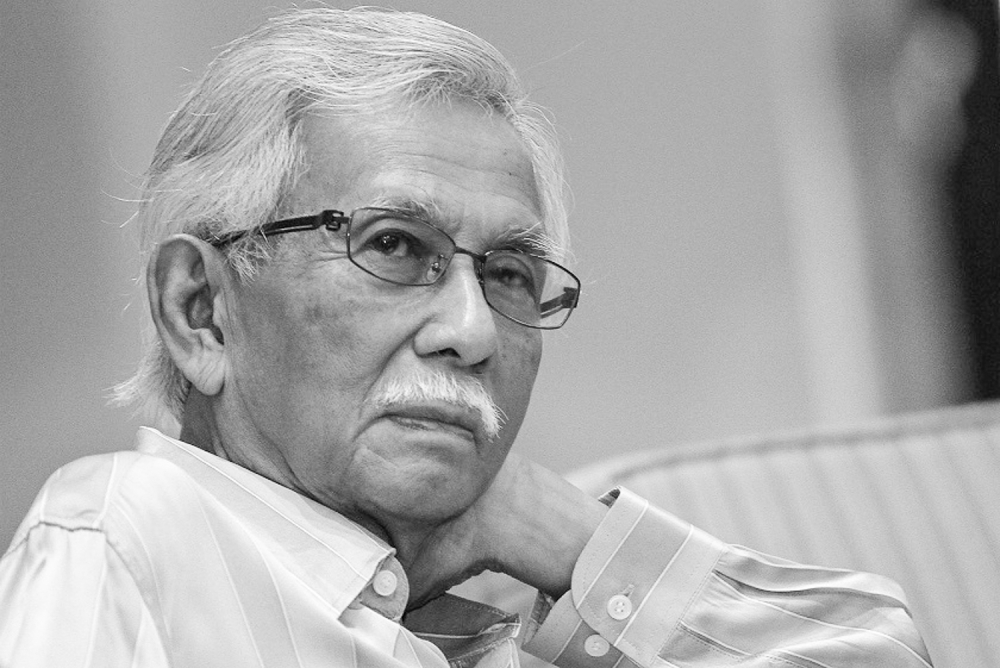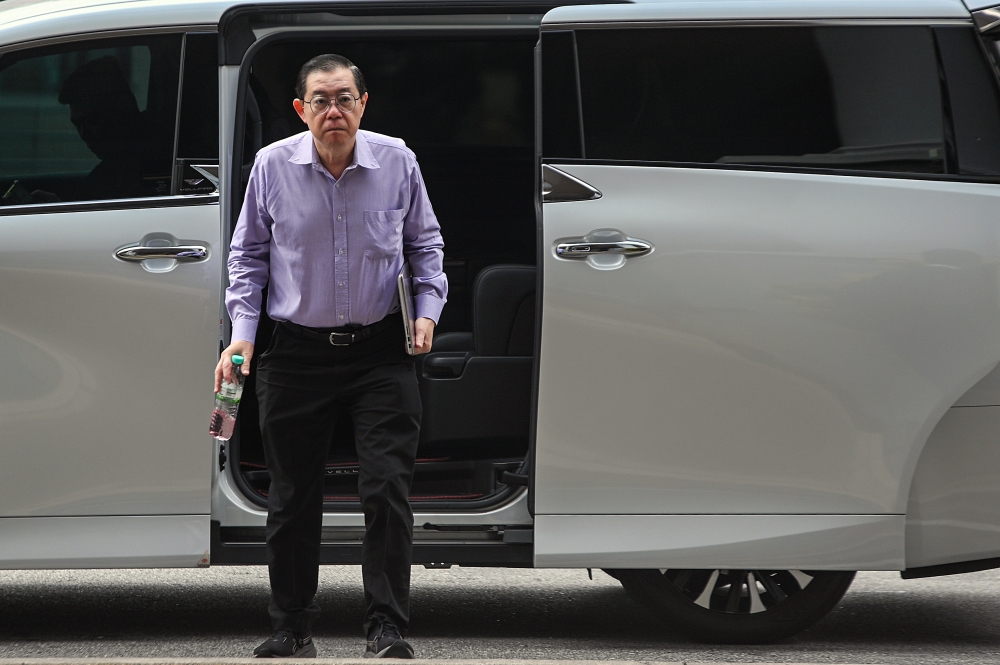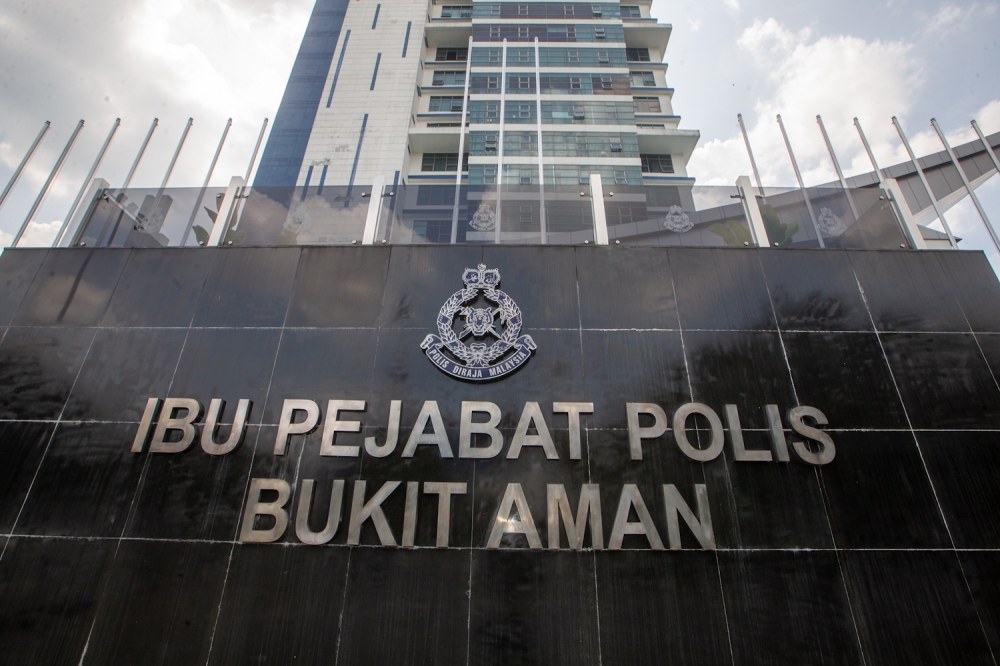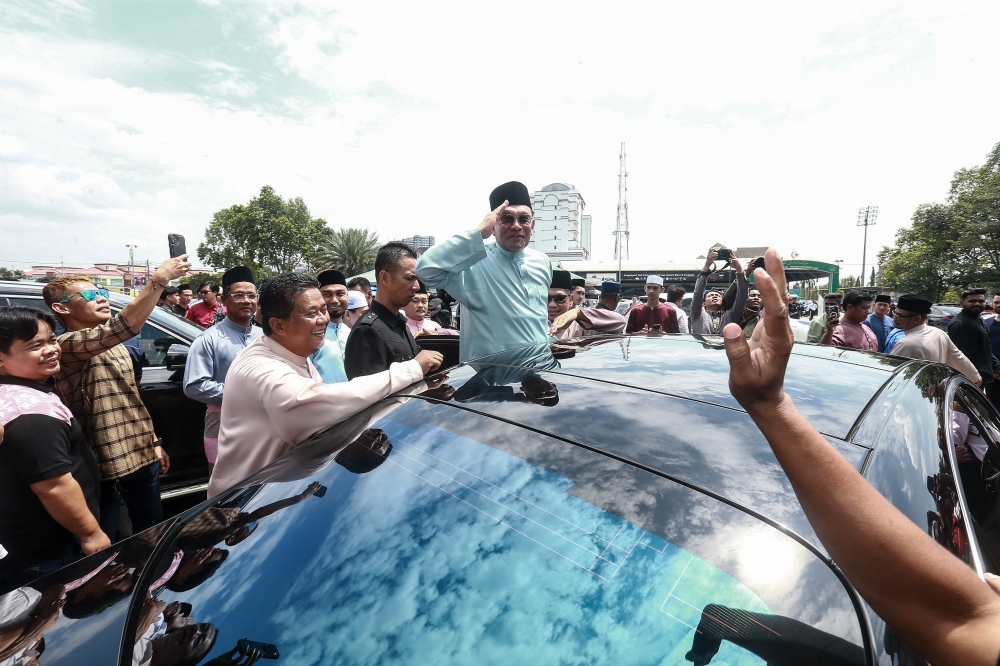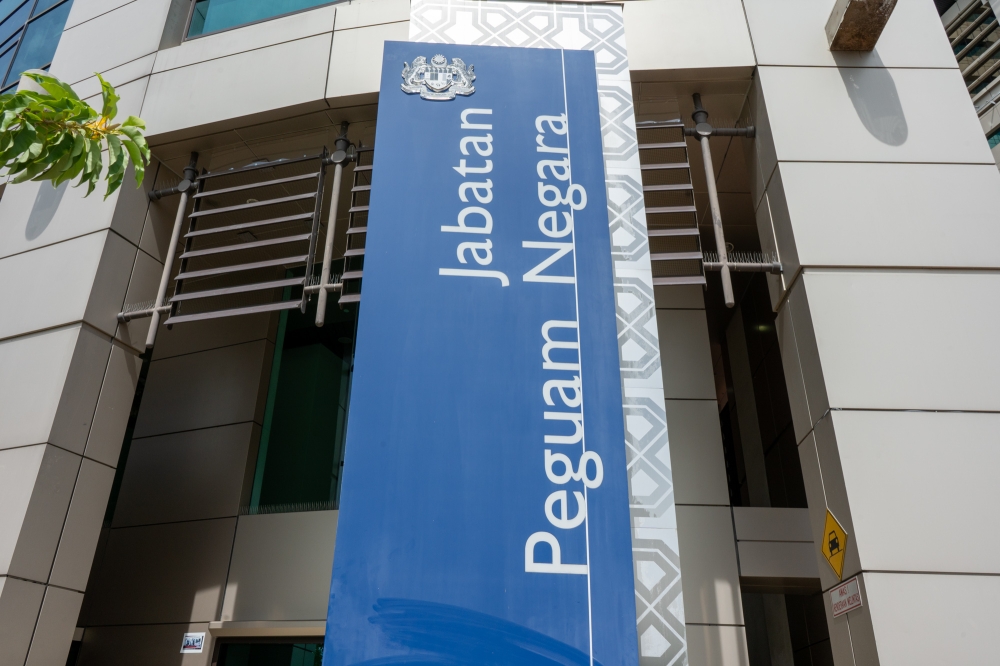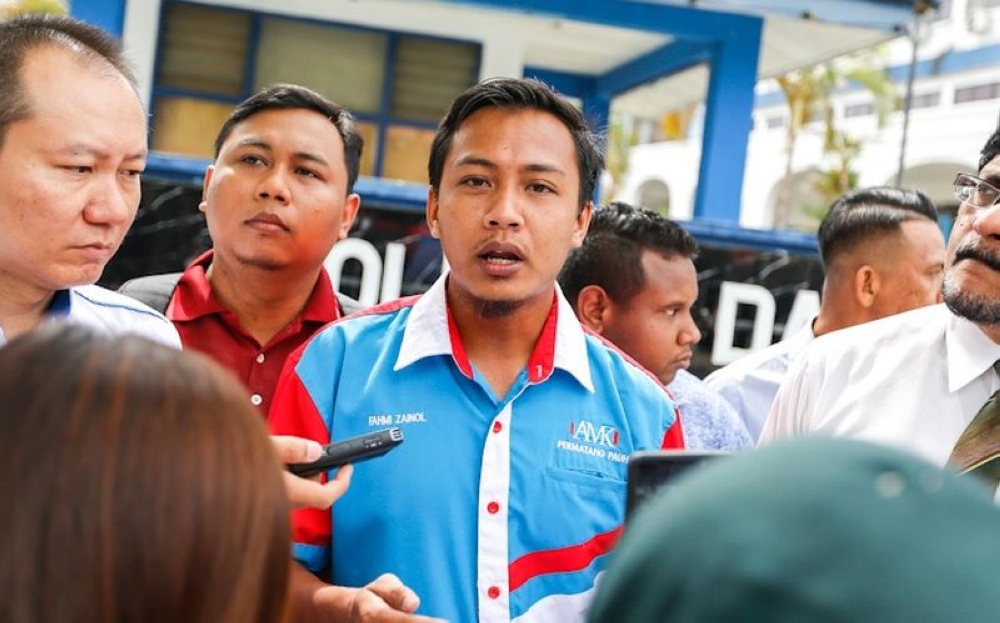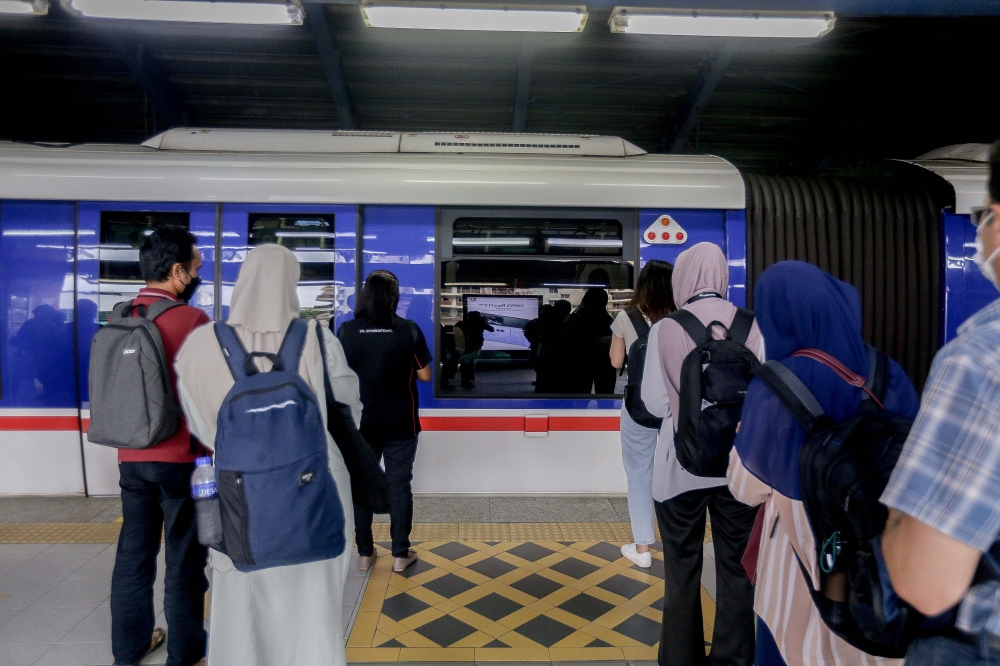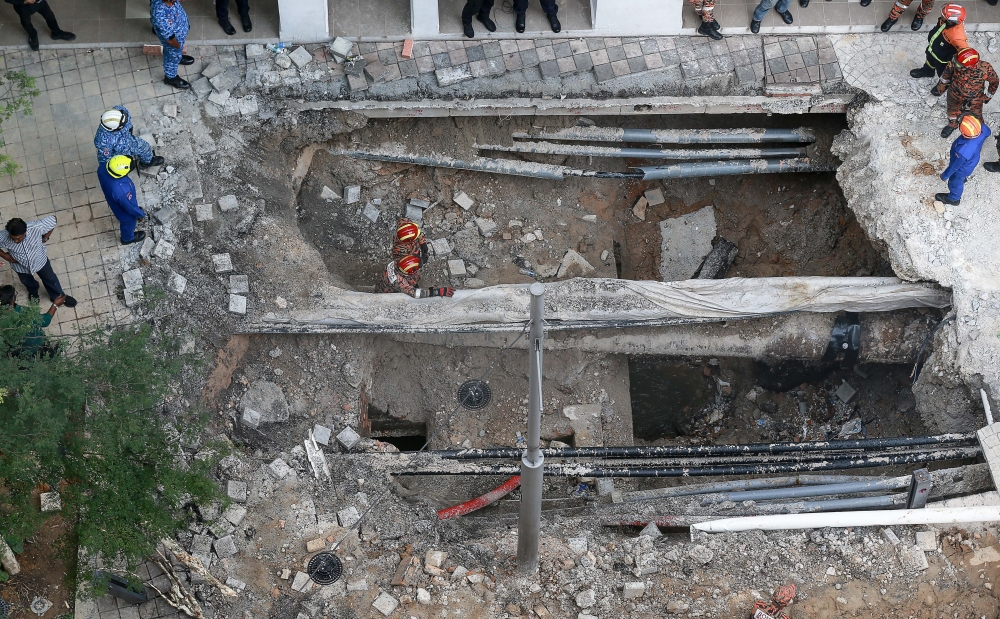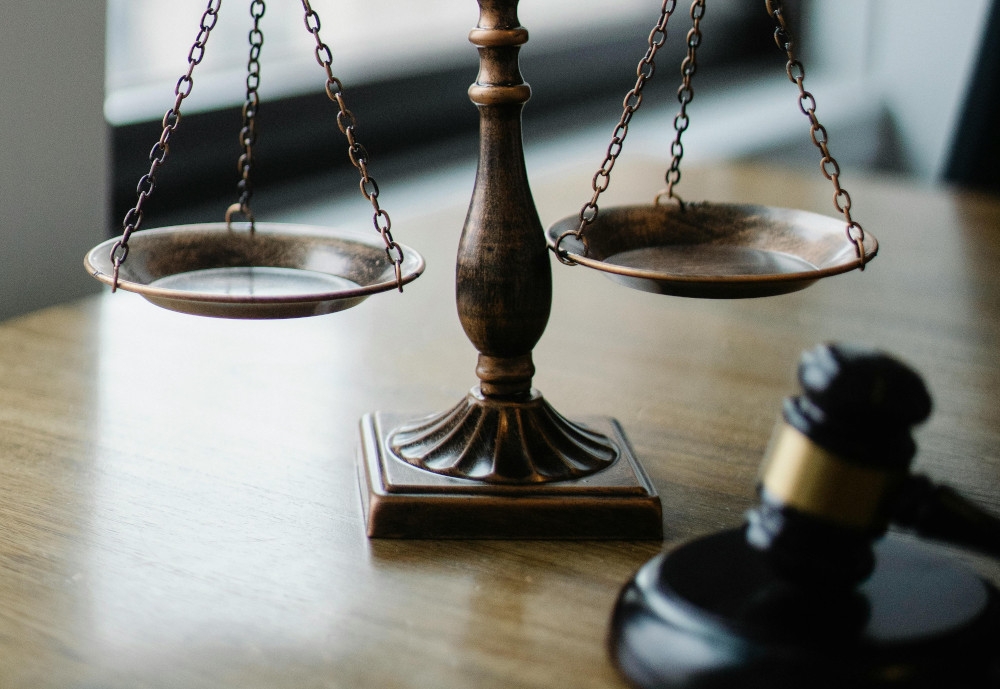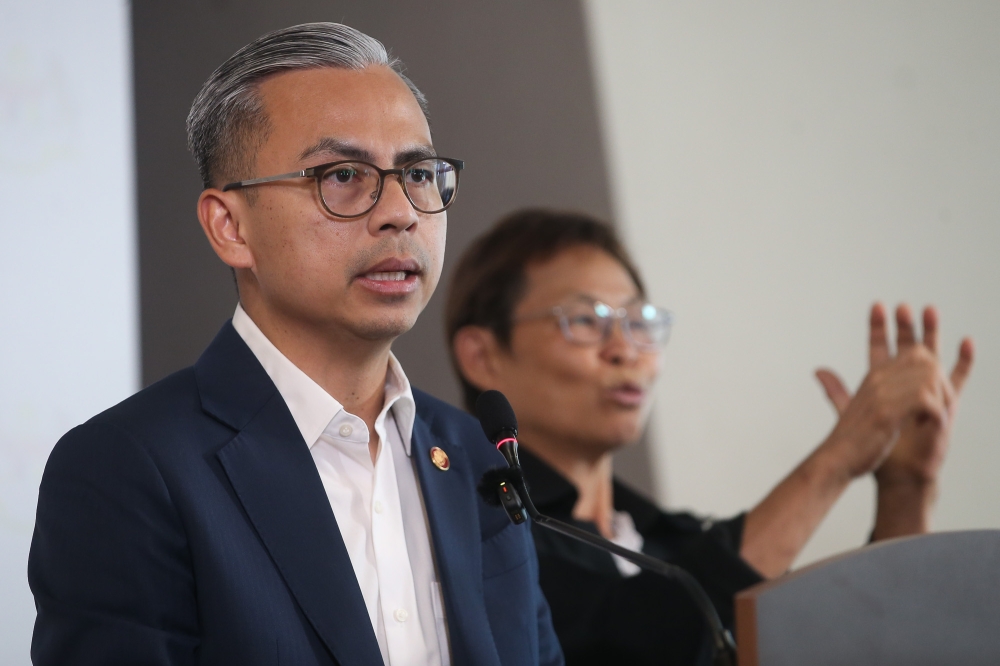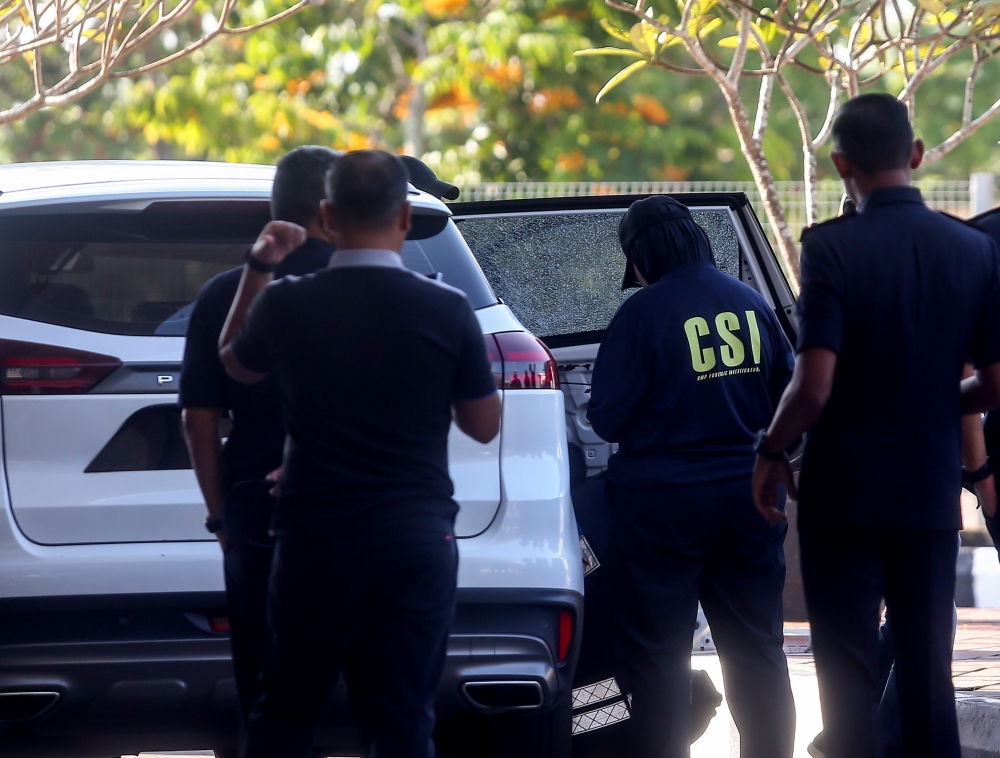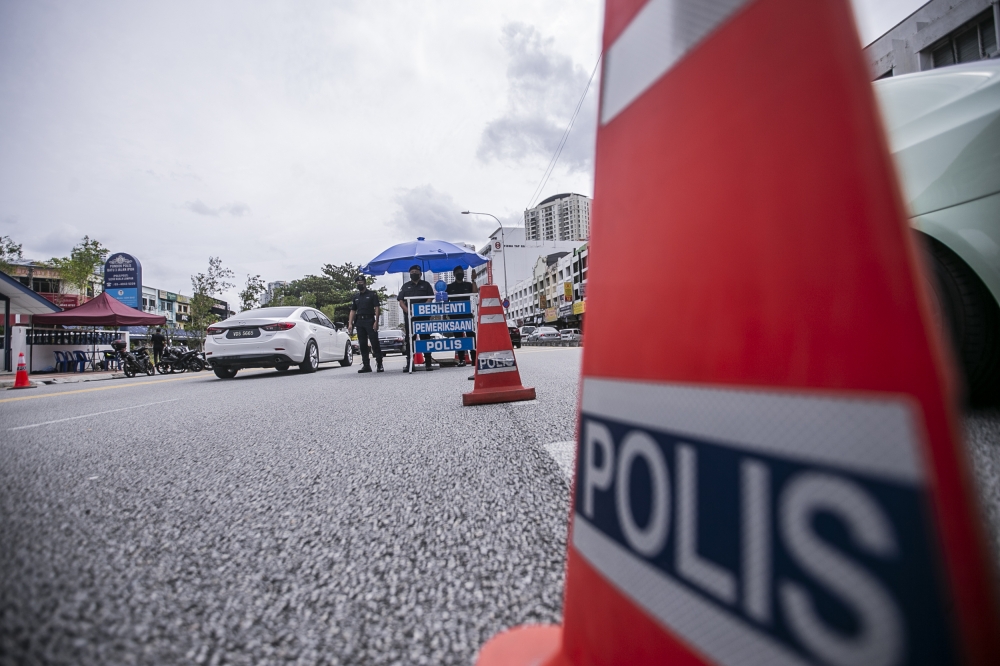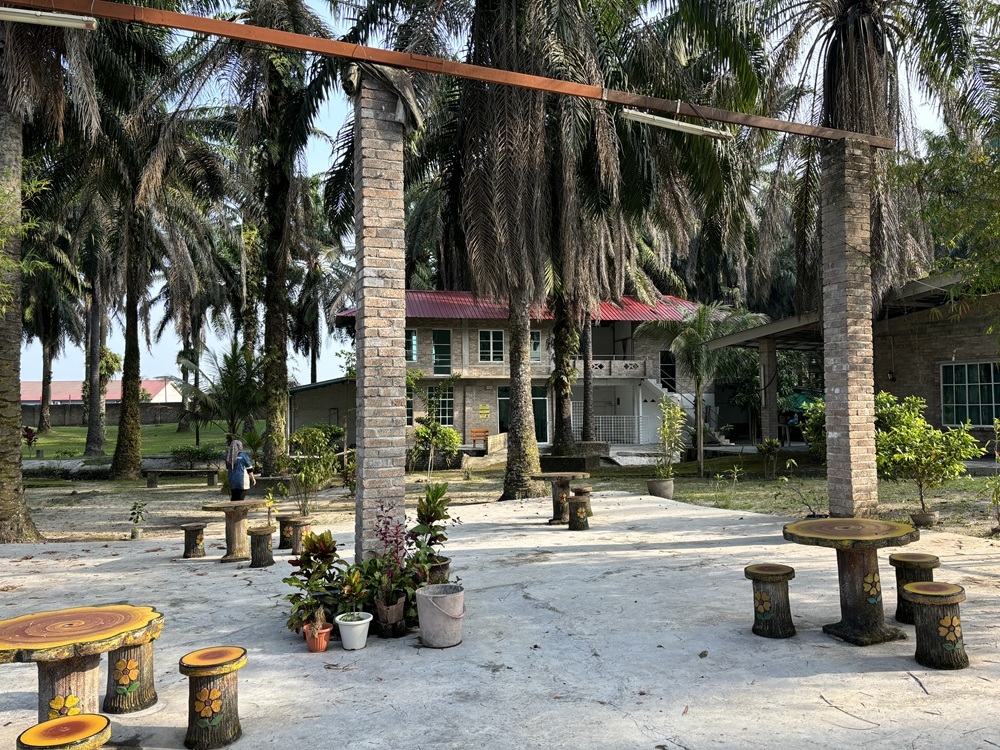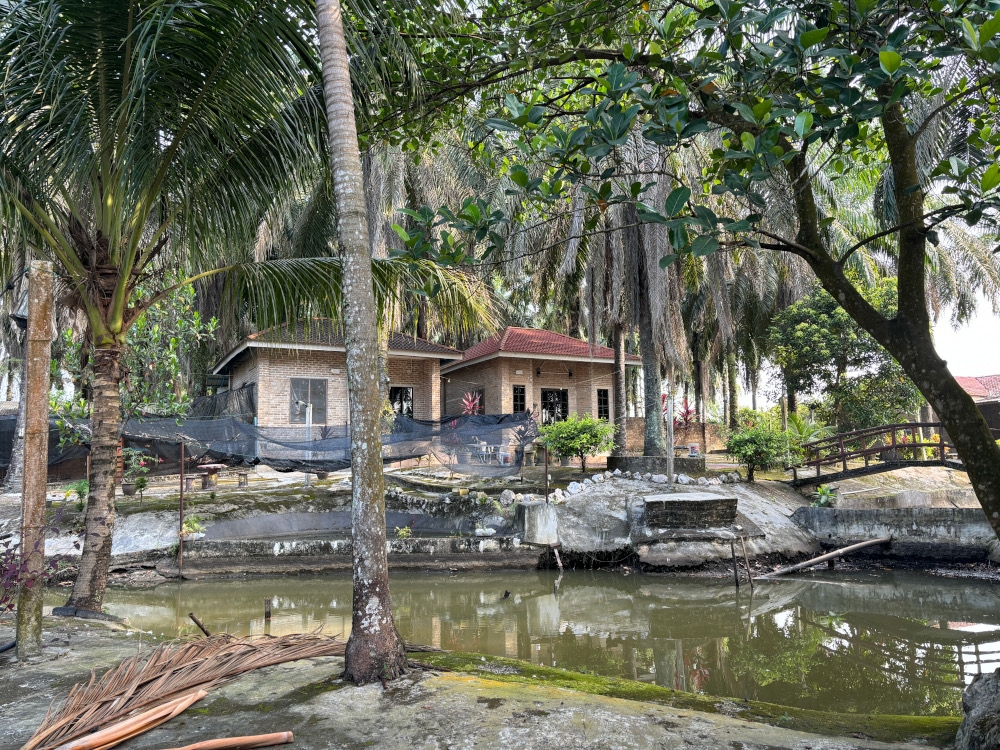KUALA LUMPUR, Nov 3 ― A total of 106 compounds amounting to RM212,000 were issued by the Department of Environment (DOE) from January to September against those who had disposed of chemical waste and contaminants in Selangor’s rivers.
State Tourism, Environment, Green Technology and Indigenous People’s Affairs Committee chairman, Hee Loy Sian said the DOE also slapped 91 charges with a total fine of RM915,000 for the offences.
Apart from that, Hee said, the department also issued two notification offences and two directives, with opened one investigation paper also opened by the Selangor Water Management Board (LUAS) for river pollution cases.
He said a total of eight local authorities had taken action by issuing compounds against pollution offenders.
“The Shah Alam City Council issued five compounds amounting to RM5,000, Petaling Jaya City Council (10 compounds amounting to RM5,250), Klang Municipal Council (two compounds), Ampang Jaya Municipal Council (two compounds) and Selayang Municipal Council (RM40,000).
“Others were the Kajang Municipal Council (211 compounds), Kuala Langat Municipal Council (RM3,500) and Kuala Selangor District Council (RM3,400),” he said at the state assembly sitting here today.
He was answering questions from Datuk Mohd Shamsudin Lias (BN-Sungai Burong) on enforcement action taken by the state government against environmental pollution.
Hee added that the state government’s control measures and actions through LUAS in overcoming water resource pollution are based on efforts taken under the Integrated Action Plan to Address Selangor Water Resources Pollution.
Among them was a review of the LUAS Enactment 1999 involving an increase in the amount of fines, compounds and imprisonment, coordination between state and federal government agencies, intensifying periodic monitoring for compliance with LUAS licensed premises and identifying appropriate odour pollution detection equipment.
“Besides that, the Selangor Department of Irrigation and Drainage is constantly monitoring the condition of river reserves and will report to LUAS and the local authorities if there are activities that affect river water quality,” he said. ― Bernama


